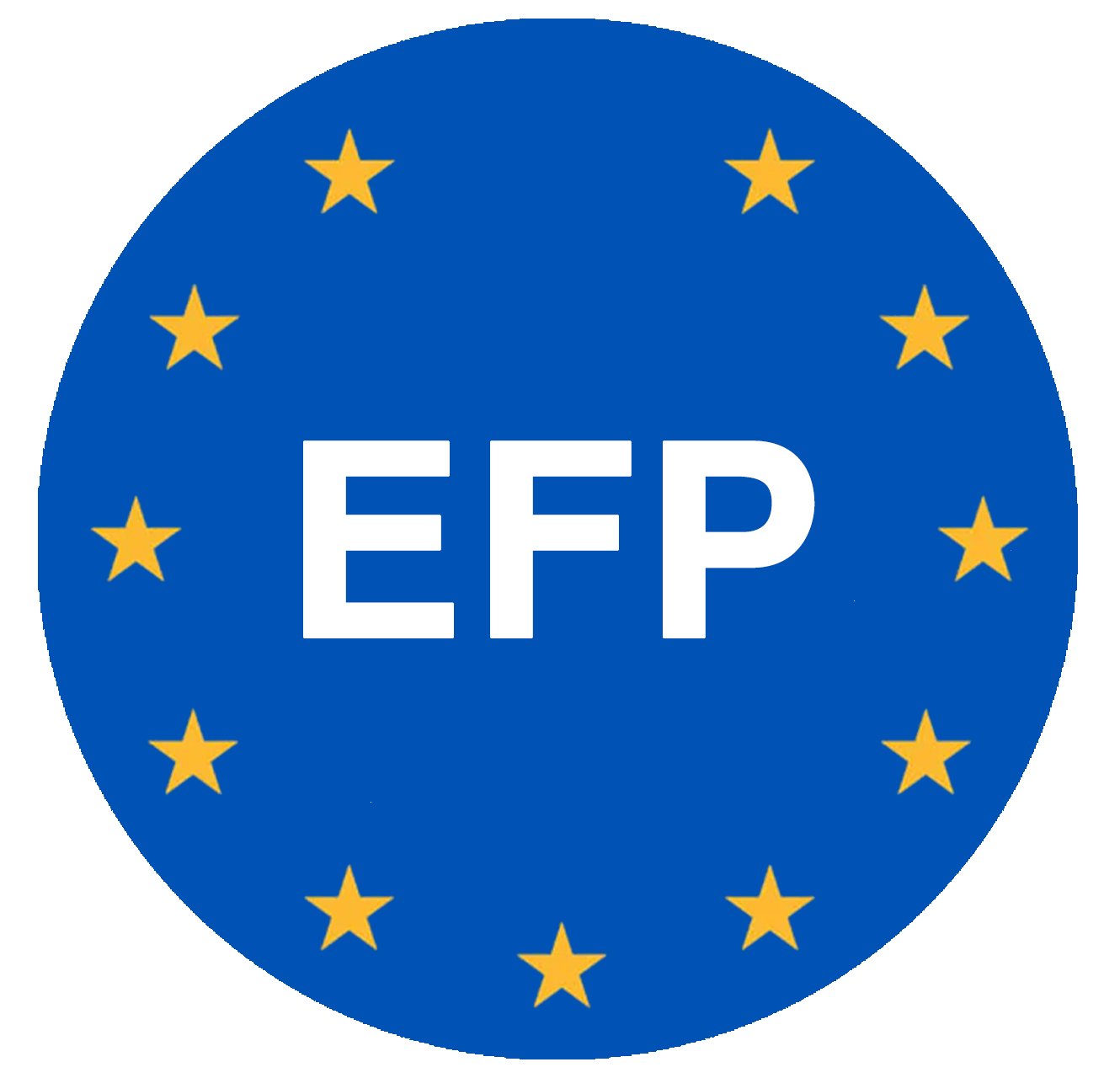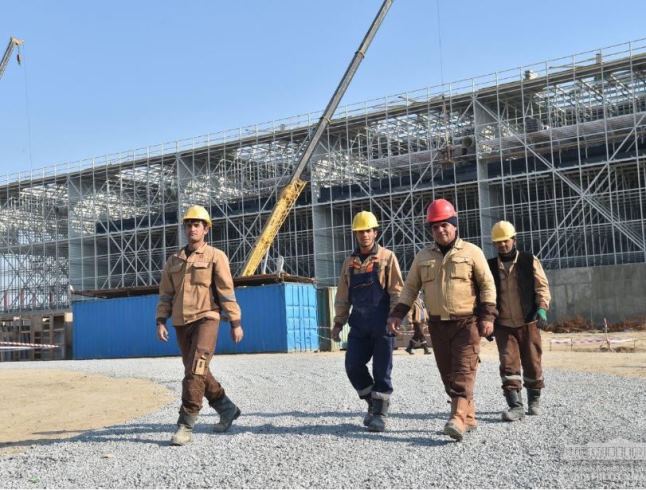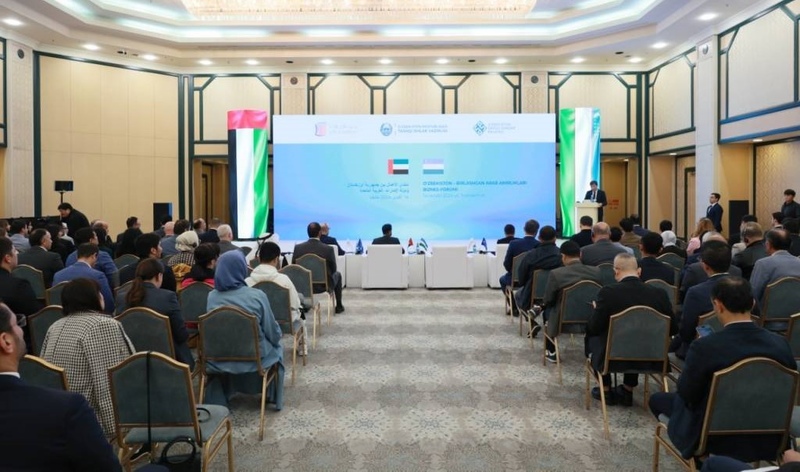Uzbekistan’s unobserved economy — which includes both informal and shadow activities — reached 265.5 trillion soums (US$21.2 billion) in the first half of 2025, accounting for 32.9% of the country’s gross domestic product, according to the State Statistics Committee.
The unobserved economy covers the activities of individuals and households concealing income, as well as businesses that hide financial data to evade taxes.
It is measured across two categories:
- Informal economy — unregistered households and entrepreneurs operating outside legal frameworks.
- Shadow economy — registered businesses concealing data to avoid taxation.
From January to June 2025, the informal sector made up about 201.3 trillion soums (US$16 billion), while the shadow sector accounted for 64.2 trillion soums (US$5.1 billion).
Agriculture dominates the shadows
The highest share of unobserved activity was in agriculture, forestry, and water management, where over 75% of businesses operate outside legal frameworks. Construction followed with 35.9%, and the services sector with 35.2%.
Overall, Uzbekistan’s GDP for the first half of the year reached nearly 808 trillion soums (US$64.5 billion), a 7.2% increase from the same period in 2024. GDP per capita rose by 5.2% to 21.4 million soums (US$1,700).
Yearly comparison and crackdowns
In 2024, the unobserved economy totaled 505 trillion soums (US$40.3 billion), or 34.8% of GDP, with 383 trillion soums (US$30.5 billion) from the informal sector and 122 trillion soums ($9.8 billion) from the shadow economy.
Citing Spot.uz, Fergana news agency says the Prosecutor General’s Office reported that last year it recovered nearly 16 trillion soums (US$1.2 billion) into the state budget by “bringing businesses out of the shadows.” More than 15,000 jobs were legalized, and 9,000 entrepreneurs were formally registered.
The Tax Committee has set a target to halve the size of the shadow economy by 2030.



